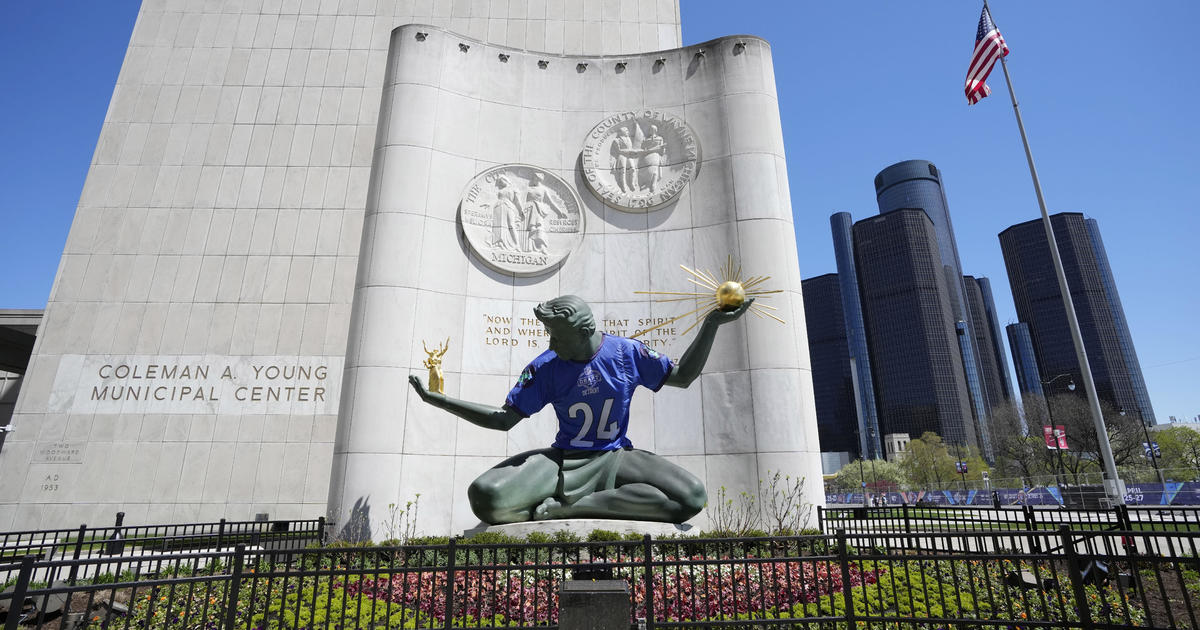Connecting Cars To Prevent Crashes
ANN ARBOR, MI -- (WWJ) Can "connected cars" save live? The government, along with the University of Michigan and major carmakers, will take a look at what many consider the next frontier of auto safety, vehicle to vehicle communications.
VIDEO: AutoBeat Reporter Jeff Gilbert tells us about connected cars program.
LINK -- Connected Vehicle Fact Sheet
"Cars talking to cars is the future of motor safety," says U.S. Transportation Secretary Ray LaHood. "It opens the possibility of not only reducing the number of crashes, but preventing them all together."
LaHood, and other dignitaries were on hand for the start of a year long study into the viability of connected cars. The University of Michigan is hooking up three thousand vehicles with special sensors, that will allow them to communicate automatically with each other, and the road infrastructure."We're talking about the next generation of safety technology, for the next generation to save lives and to save injuries," said LaHood.
The program allows one vehicle to be the "eyes and ears" of another, alerting drivers to traffic jams, weather problems and accidents. Long term, these systems could even take control of a car briefly to prevent a crash. They could also provide information to reduce traffic jams and save gasoline.
'Not only does it give the driver information to avoid crashes," says Peter Sweatman, director of the University of Michigan Transportation Research Institute. "But, with all this information flowing around, particularly flowing back into the infrastructure, we can now start to operate traffic signals more efficiently, or more safely."
This program will cost $25 million dollars. Transportation Secretary Ray LaHood says that's money well spent.
"Safety is our number one priority. When we put together a budget, safety is where we put our priority. That's where we put our resources."
In the long term, Michigan Governor Rick Snyder says vehicle to vehicle communications can be a money saver.
"It's replacing hard assets, with smart assets in many respects," said Snyder. "So, over the longer term, you could say that we could more efficiently manage the roads we have already to better manage traffic and uses."
Snyder has high hopes for this type of safety technology, which, he expects to see rolled out in a slow, but steady manner.
"You're gonna find someday, people are going to look back and say, 'I don't know how this really happened, but our vehicles are all talking to each other, and we're safer, we're using less fuel, and we're having better infrastructure."
Connect with Jeff Gilbert
Email: jdgilbert@cbs.com
Facebook: facebook.com/carchronicles
Twitter: @jefferygilbert



